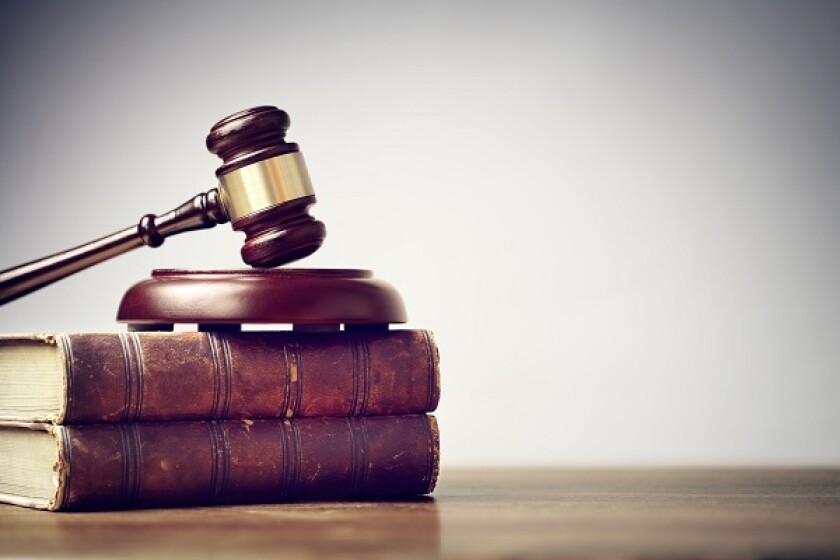On March 11 2019, the Myanmar parliament enacted the Pyidaungsu Hluttaw Law No. 7/2019 (Patent Law) heralding the dawn of a new era in patent registration in Myanmar. While the new Trade Mark Law passed on January 30 2019 is expected to come into force this year, the new Patent Law is pending and will come into operation only upon notification from the president of Myanmar.
The new patent regime is welcome news for both corporations and aspiring inventors. Traditionally, businesses in Myanmar have relied on colonial-era laws to protect their intellectual property. Patent rights were recognised by the Myanmar Registration Office upon receipt of a Declaration of Ownership of Patent based on a granted corresponding patent. It is also incumbent on the patent proprietor to publish a notice in a local newspaper every three years to assert ownership of their patent. The absence of an official framework for patent registration has imposed difficulties for patent owners when it comes to protecting their inventions and enforcing their rights against infringers in Myanmar.
Under the new Patent Law, a Myanmar Intellectual Property Office comprising a registrar, a department and examiners will be established under the Ministry of Commerce to administer patent registrations under a first-to-file system. The Patent Law provides protection for both patents with a protection term of 20 years and utility models (petty patents) with a term of 10 years. The recognised requirements for patentability of an invention apply – novelty, inventive step and industrial applicability, although petty patents do not have to fulfil the requirements for inventive step. Like other jurisdictions, discoveries, scientific theories, mathematical methods, systems and rules of doing business, performance of mental acts and playing games, and computer programs will not be patentable in Myanmar. Also excluded from patentability are methods for treatment of the human and animal body and inventions related to naturally occurring substances and their new uses.
Importantly, pharmaceutical products are exempt from protection until January 1 2033 whereas chemical products for agricultural uses, food products and microbiological products are exempt from protection until July 1 2021. These exceptions are made in accordance with the transitional extended period to exempt certain inventions under the Agreement on Trade-Related Aspects of Intellectual Property Rights (TRIPs Agreement) for least-developed country members.
Patent applications can be filed in English or Burmese, with submission of a certified translation as directed by the registrar. Priority may be claimed under the Paris Convention, and applicants have up to 36 months from filing to request substantive examination. A compulsory licence can also be requested for a Myanmar patent.
Once implemented, the suite of patent laws will pave the way for the creation of a structured and comprehensive patent regime, bringing Myanmar into greater alignment with international standards and legal frameworks.

|

|
Daniel Collopy |
Yeo Moon Teng |
Spruson & Ferguson (Asia) Pte Ltd
152 Beach Road
#37-05/06 Gateway East
Singapore 189721
Tel: +65 6333 7200
Fax: +65 6333 7222











